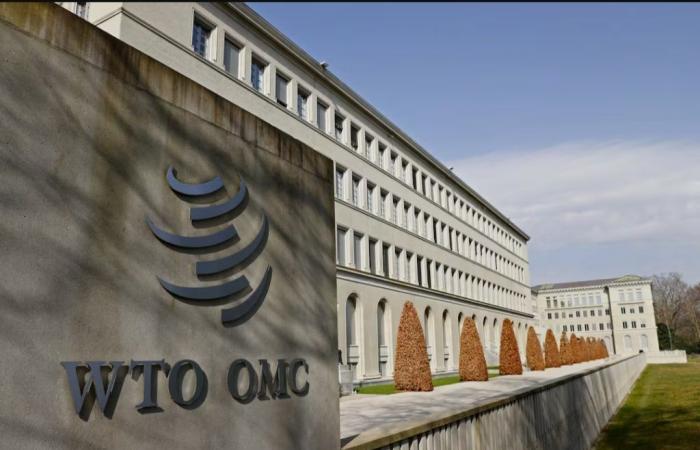In a significant move in the global trade sphere, China has taken a crucial step by requesting dispute consultations with the United States at the World Trade Organization (WTO). The focus of the dispute is American legislation on tax credits, specifically under the Inflation Reduction Act, which aims to promote the manufacturing of electric vehicles and renewable energy.
According to information released by WTO on March 28, Beijing’s claim centers on the premise that the aforementioned American tax credits favor the use of domestic products over imported ones, or directly discriminate against goods of Chinese origin. This case highlights trade tensions between the world’s two largest economies, bringing to light fundamental questions about trade policies and sustainability.
Why Is China Challenging US Tax Credits?
The Chinese initiative at the WTO marks a point of escalation in trade clashes with the United States, highlighting a confrontation over industrial and environmental policies. The trigger for this dispute, the US Inflation Reduction Act, is a key component in the US government’s strategy to encourage the production and adoption of clean energy and electric vehicles, sectors considered vital to the global energy transition.
However, China argues that the tax credits in question are structured in a way that unfairly benefits US-made products, creating disguised trade barriers and violating WTO principles. This argument reveals the complexities of international trade in an era of intense contests for technological supremacy and environmental leadership.
What Are the Potential Implications of this Consultation?
The WTO consultation process is just the first step in a potentially long and complex litigation journey. By requesting consultations, China seeks direct dialogue with the United States to resolve the dispute. If these consultations do not result in a satisfactory solution for both sides, the case could evolve into a panel dispute, increasing commercial tensions and calling into question practices that encourage sustainability.
This situation puts into perspective the delicate balance between national policies to encourage industry and global trade rules. The outcome of this dispute could influence the way in which countries implement economic stimulus strategies focusing on green technologies, in addition to potentially affecting the commercial and political dynamics between China and the United States.
The Impact on the Banking Sector and Gas Emissions
In parallel to the WTO dispute, recent information indicates that almost half of the energy companies financed by the fourth largest US bank, Citi, lack clear plans to reduce greenhouse gas emissions. This data, extracted from a climate report released by the financial institution, reiterates the importance of effective policies and incentives to promote sustainable practices in the corporate sector.
The current global scenario requires a coordinated and ambitious approach to tackling climate change, highlighting the responsibility of public policies and the private sphere to adopt concrete environmental mitigation measures. Disputes at the WTO and climate reports from major banks highlight not only the challenges, but also the urgency of the transition to a greener and more sustainable economy.






